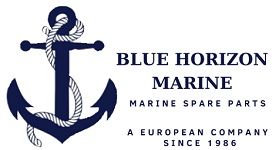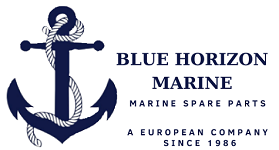New Group II marine lubricant keeps engines cleaner for longer
A recent Infineum field trial of a marine lubricant using Group II base stocks ran successfully for more than 20,000 hours – five times longer than a typical test. Watch the outcome on video and read the views of the ship operator and formulators on this exciting achievement.
Marine moves to Group II
Marine lubricants formulated with Group I base stocks and salicylate technology have delivered excellent protection to medium speed four-stroke marine engines for many years.
However, as the need to improve fuel economy and meet emissions legislation drives the automotive sector to higher quality base stocks, the demand for Group I has fallen. This has resulted in capacity reductions and plant closures, which has adversely affected price and availability. Conversely, the increased demand for higher quality Group II base stocks means new capacity has come on stream. High availability has driven down the cost of Group II, making its use in other applications, including marine trunk piston engine oils (TPEO), increasingly attractive.
While Group II base stocks bring a number of benefits, including enhanced oxidation and viscosity control, improved NOACK stability and better base number retention, their use in TPEO formulations also presents a number of challenges.
The biggest issue is the contamination of the lubricant by the fuel, in these applications typically using heavy fuel oil, which is almost the bottom of the barrel. These fuels contain high molecular weight materials called asphaltenes, which have a tendency to agglomerate.
As we move formulations from Group I to Group II the natural solvency of the lubricant system is reduced, which means asphaltenes are no longer suspended in the formulation and are less easily removed. This can result in deposits on the piston undercrown and the cold parts of the engine.
Louise Renouf, Infineum Global Marine and Large Engine Lubricant Advisor

















